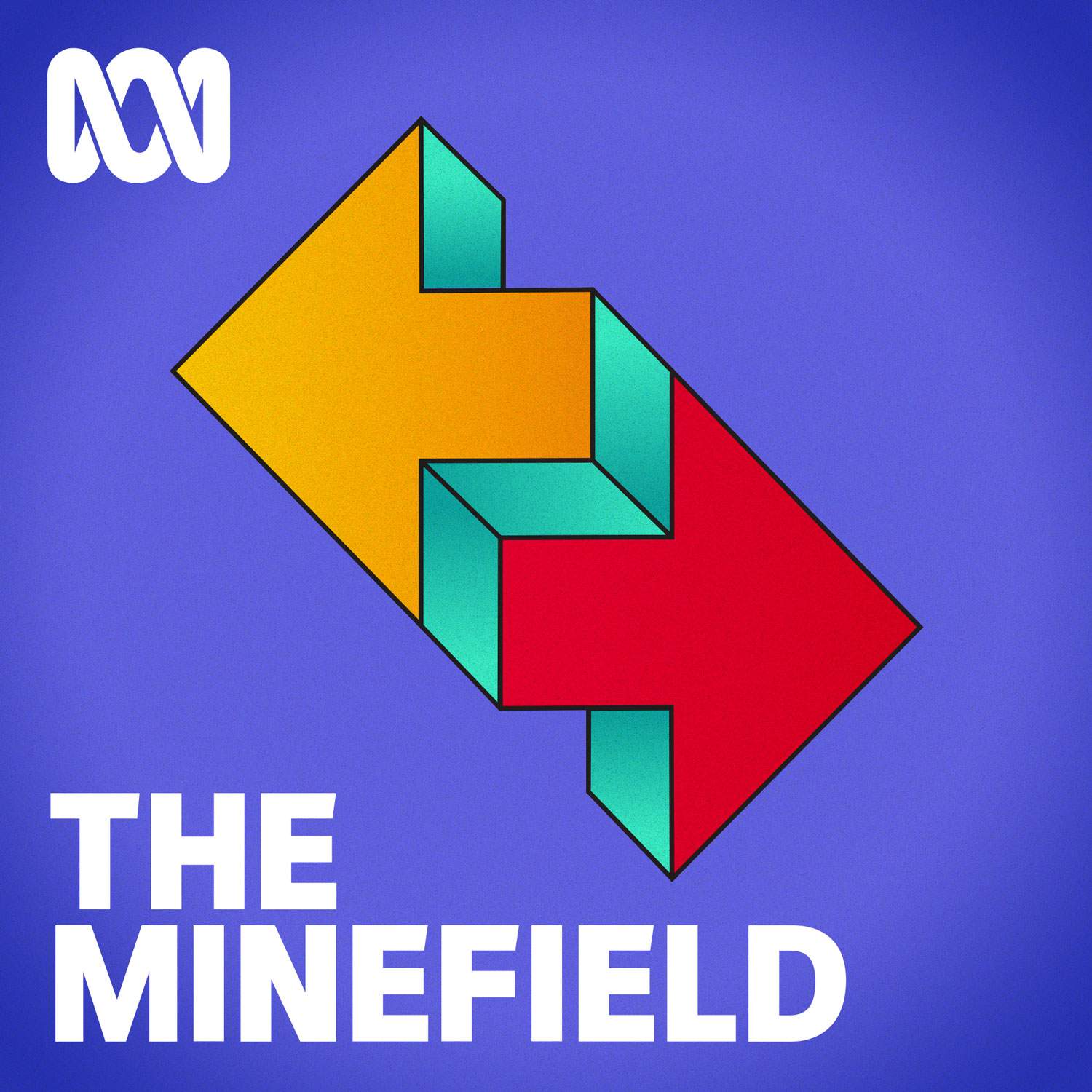

The Minefield
ABC
In a world marked by wicked social problems, The Minefield helps you negotiate the ethical dilemmas, contradictory claims and unacknowledged complicities of modern life.
Episodes
Mentioned books

Oct 6, 2022 • 60min
Live from the Festival of Dangerous Ideas: Is contempt corroding democracy?
Because of the pervasiveness of contempt, we no longer see those with whom we radically disagree as members of a common moral community, and therefore as participants in a shared political project.

Sep 29, 2022 • 60min
How should the West respond to the threats of a wounded Putin?
Ukraine has enjoyed remarkable military success against Russian invaders — thanks, in no small part, to the financial support and weaponry provided by Western nations. In response, President Vladimir Putin has raised the possibility of nuclear retaliation. Does such a prospect change the moral calculus of the West’s support of and solidarity with Ukraine?

Sep 22, 2022 • 60min
Can sport teach us anything about the shape of a fair society?
Andrew Lee, Assistant Minister for Competition and author of 'Fair Game', discusses the unique relationship between sport and societal values. He explores whether sports enhance moral behavior or reflect societal flaws. The conversation touches on fan dynamics and the balance of respect amidst rivalry. Lee critiques the commercialization of sports and its impact on integrity. He delves into player loyalty, fair compensation, and how sports can highlight the dignity of work, offering a lens to understand justice in society.

Sep 15, 2022 • 60min
Was Queen Elizabeth a “political” figure?
In a time when everything is politicised, it is worth noting that so many people have such evident affection for a figure who stood above the political fray. Does democratic politics require apolitical institutions in order to be healthy?

Sep 8, 2022 • 60min
Is nostalgia necessarily a bad thing?
Over the last century, we’ve seen the profound longing for a way of life that has seemingly been “lost” — or, more insidiously, “stolen” — be weaponised by cunning politicians and turned against members of a political community. But should nostalgia simply be dismissed?

Sep 1, 2022 • 60min
What do we owe our work?
For many people, burning-out is taken as proof of our dedication to our jobs. Have we finally reached the point where we can re-envision the relationship between work and life?

Aug 25, 2022 • 60min
How much should we care about Scott Morrison’s “secret ministries”?
For the last two weeks, Australian political coverage has been consumed by a series of decisions undertaken by the former Prime Minister. What made them so serious? How far should we go to ensure they can't happen again?

Aug 18, 2022 • 0sec
How much polarisation can a democracy withstand?
Robert Talese, the W. Alton Jones Professor of Philosophy at Vanderbilt University, explores the intricate dynamics of democracy and polarization. He discusses how rising partisanship impacts civic values and democratic integrity. The conversation dives into the challenges of moral language in political discourse and its effect on unity. Talese also addresses the responsibilities of citizenship, emphasizing political equality amid division, and examines how societal pressure influences civic engagement and media narratives. A thought-provoking look at democracy's resilience!

Aug 11, 2022 • 0sec
The ethics of shame
Perhaps no “moral emotion” in our time is more reviled than shame. It is regarded, certainly in the West, as uniquely destructive to a healthy sense of self, as psychologically damaging and socially abusive, and to be avoided at all costs. Professor Owen Flanagan joins Waleed Aly and Scott Stephens to discuss whether shame has been given a bad rap, and why we might need more of it.

Aug 4, 2022 • 54min
Can constitutional recognition be an act of patriotic pride?
In his speech to the Garma Festival, PM Anthony Albanese put it to the nation that constitutionally enshrining a First Nations Voice would not undermine Australia’s national identity, but more fully express it. Professor Tim Soutphommasane joins Waleed Aly and Scott Stephens to discuss the nature and moral limits of patriotism, and whether it can co-exist with an appropriate sense of national remorse, even shame.


